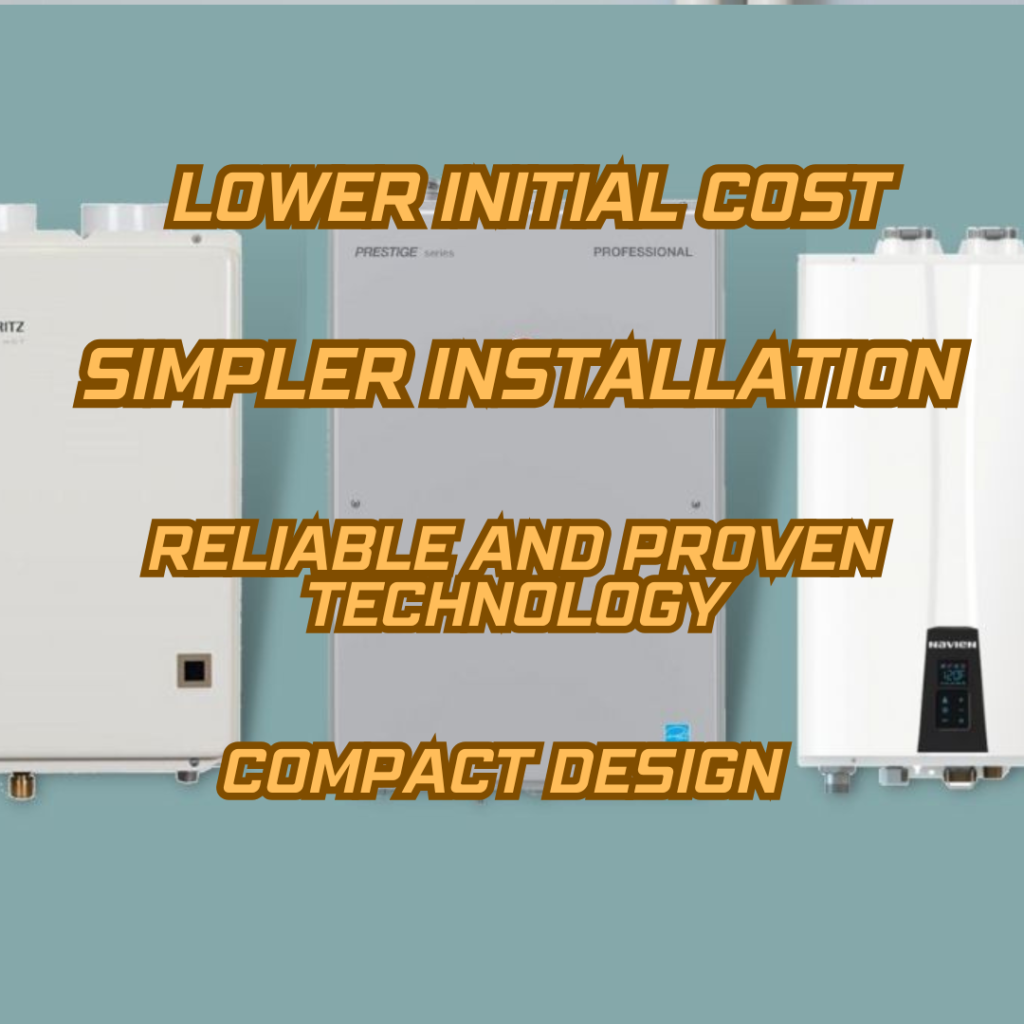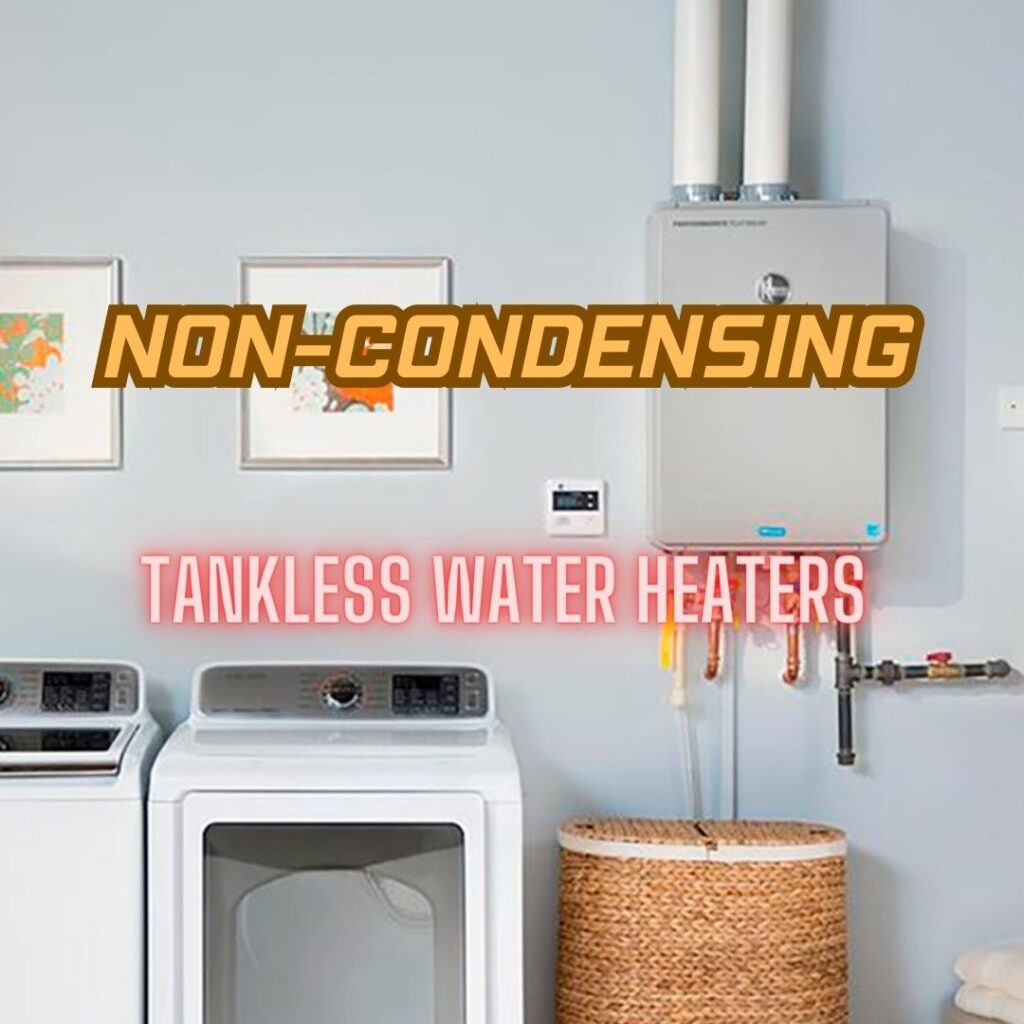Tankless water heaters have become a popular choice for homeowners looking for energy-efficient solutions to their Non-Condensing Tankless Water Heaters needs. Among the different types available, non-condensing tankless water heaters stand out as a budget-friendly option with some trade-offs in efficiency. In this article, we will explore the advantages and drawbacks of non-condensing tankless water heaters to help you decide if they are the right choice for your home.
What is a Non-Condensing Tankless Water Heater?
A non-condensing tankless water heater heats water on demand using a heat exchanger without the added step of capturing and reusing exhaust gases. Unlike condensing models, which improve efficiency by utilizing a secondary heat exchanger to extract additional heat from the exhaust, non-condensing units vent hot gases directly outside. This results in higher exhaust temperatures and potentially higher energy losses.
Benefits of Non-Condensing Tankless Water Heaters
- Lower Initial Cost – One of the biggest advantages of non-condensing tankless water heaters is their lower upfront cost. These units typically cost less than their condensing counterparts, making them an attractive option for budget-conscious homeowners.
- Simpler Installation – Since they do not require a secondary heat exchanger or a condensate drain, installation is often easier and less expensive.
- Reliable and Proven Technology – Non-condensing models have been on the market longer and have a track record of durability and reliability.
- Compact Design – Like all tankless water heaters, they save space compared to traditional storage water heaters.

Drawbacks of Non-Condensing Tankless Water Heaters
- Lower Energy Efficiency – Because they do not capture additional heat from exhaust gases, non-condensing units typically have an efficiency rating of around 80-85%, compared to condensing models, which can exceed 90%.
- Hotter Exhaust Gases – The high-temperature exhaust requires special venting materials, such as stainless steel, which can add to installation costs.
- Higher Long-Term Operating Costs – Due to lower efficiency, non-condensing models may lead to higher energy bills over time compared to condensing units.
Is a Non-Condensing Tankless Water Heater Right for You?
If upfront cost and ease of installation are your primary concerns, a non-condensing tankless water heater may be the best option. However, if long-term energy savings and environmental impact are higher priorities, investing in a condensing unit could be the better choice.
Ultimately, the decision depends on factors such as budget, installation constraints, and your long-term energy goals. Consulting with a professional plumber can help ensure you select the best system for your needs.
